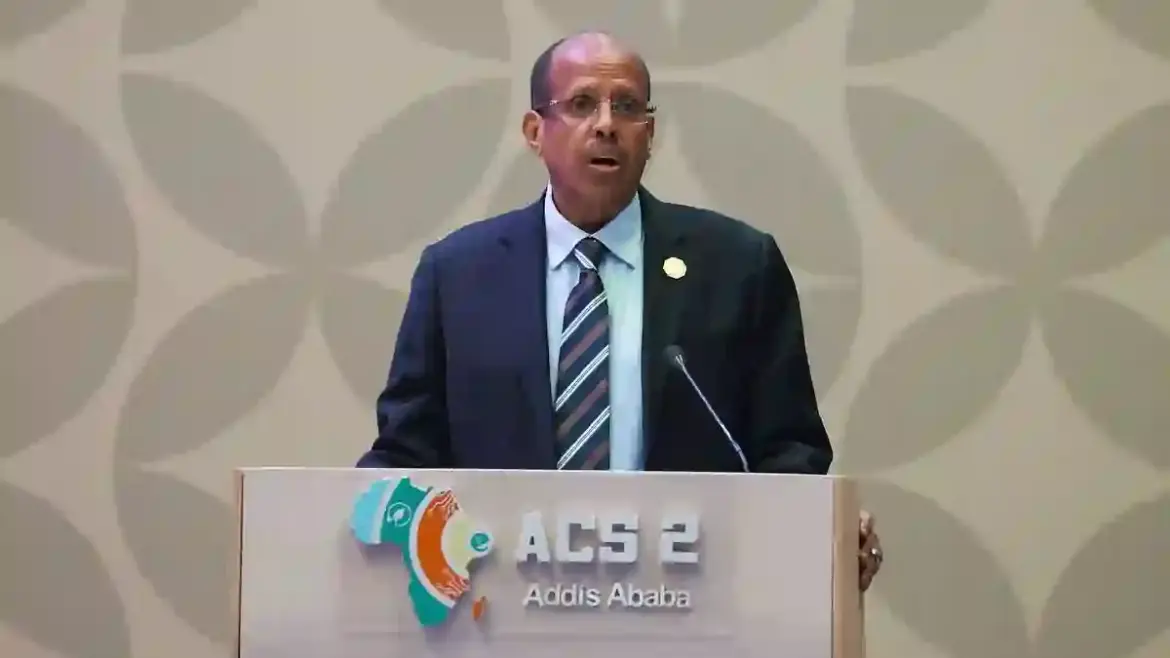The African continent is stepping up its call for reparations from Britain and other former colonial powers, aiming to address centuries of slavery, exploitation, and imperial rule. The African Union, representing all 55 nations on the continent, has now formally joined forces with Caribbean countries to demand what it calls “meaningful reparations” for the lasting impacts of colonialism.
Continental Summit Sets the Stage
At a joint summit in Addis Ababa, African leaders met with their Caribbean counterparts to plan a united approach.
Mahamoud Ali Youssouf, head of the African Union Commission, emphasized the moral purpose behind the initiative: “We will work together to honour our ancestors, uplift our descendants, and reclaim our shared destiny in freedom, justice, and unity.”
This alliance builds on the momentum already generated by the Caricom bloc, a coalition of 15 Caribbean states, which has long demanded trillions in compensation for slavery and its lasting effects. Now, African nations are expected to draft their own list of claims.
Expanding the Definition of Reparations
The discussion around reparations is increasingly broad.
It’s not just about slavery anymore: African and Caribbean leaders are pushing for the return of cultural artefacts, reforms to global economic systems, and compensation for climate change impacts.
Advocates argue that industrialized nations of the “Global North” bear historical responsibility for environmental degradation.
Countries that could face pressure include Britain, France, Spain, Portugal, Belgium, and Germany—powers that carved up the African continent during the 19th century.
Previous Caribbean Efforts
Caricom has already submitted a formal “10-point plan” to former colonial powers, demanding financial payments, formal apologies, debt relief, and investment in education and development.
So far, no country has agreed to pay.
Individual Caribbean nations have also taken symbolic steps: Grenada petitioned the Bank of England over its historical plantation ownership, and Jamaica has considered asking King Charles to formally address the issue as constitutional monarch.
Resistance from Europe
In the UK, expectations that a Labour government might take a softer stance on reparations have not materialized.
While Foreign Secretary David Lammy was expected to host a Caricom reparations forum, the event was delayed due to the Israel-Iran conflict.
Prime Minister Sir Keir Starmer has, like his predecessors, rejected the idea of reparations, and France and other European governments have also declined to offer compensation.
Some Caribbean countries are now shifting strategies, targeting institutions like banks and universities rather than governments directly.
Africa’s Next Steps
The African Union has declared 2025 the “Year of Reparations,” though it is still in the early stages of drafting its claims.
One AU branch has been working on the issue for about eight months, but insiders say progress has been slow and no official policies have been finalized.
Experts advising the bloc stress that returning stolen African artefacts is a crucial step toward cultural restoration and healing.
Some British museums have already started returning items such as the Benin Bronzes, Ashanti gold, and sacred Ethiopian objects, even if only temporarily.
Looking Ahead
The alliance between African and Caribbean nations signals a new chapter in the global fight for reparatory justice.
While formal agreements and payments remain elusive, the focus is on creating pressure, reclaiming cultural heritage, and addressing systemic injustices that continue to affect the descendants of enslaved and colonized peoples.
